Marijuana Detox: What You Should Know

That being said, just because delta 8 remains in your system for a week or more does NOT mean you will continue to feel the effects. According to most sources, the psychotropic or “high” effects of delta 8 typically last about 2 to 6 hours (that is, just a few hours). A body hair of the same length could show weed use back 180 to 360 days. At the moment, however, there are no conclusive studies verifying this. Evidence of cannabis consumption stays in your hair for longer than any other system in your body.
How long does it take to pass a drug test?
A recent fMRI study investigated whether cannabis use sensitizes and disrupts the mesocorticolimbic reward processes during a hedonic cue-reactivity task. In cannabis users, there were also significant positive correlations between cue-induced self-rated craving for cannabis and BOLD responses within the mesocorticolimbic system and in the insula. The latter data supports the addictive model of cannabis as insula activation may serve as a biomarker to help predict relapse (Filbey et al. 2016). This brain region contributes to interoceptive awareness of negative emotional states and is differentially activated during craving (Koob and Volkow 2016). This is also consistent with prior findings that the dopaminergic reward system is reactivated during acute craving episodes (Volkow et al. 1999b, 2005; Koob and Volkow 2016).
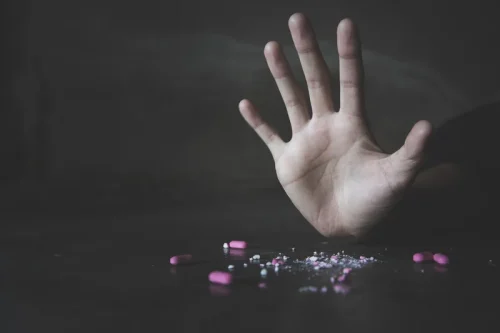
How Long Does Delta 8 Stay in Your System? – THC Drug Test Timeline
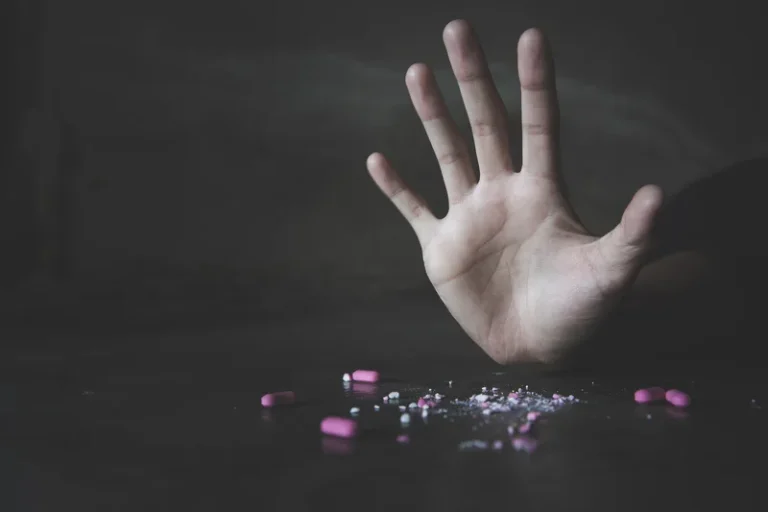
Hair tests can detect THC metabolites for as long as 90 days; however, these tests can be inaccurate or misleading when detecting recent cannabis consumption in light consumers. Saliva tests can detect THC metabolites for one to three days after consumption or a month if you consume regularly. If you are a non-smoker in a ventilated area where other people are smoking marijuana you are generally safe. This type of testing is more expensive and time-consuming than qualitative tests and is normally reserved for people who have tested positive in a qualitative test. It needs to be done in a laboratory and is used when a more defined value is needed, say, for prosecution.
- An older study notes a slight increase in THC levels following exercise in people who regularly use cannabis.
- Executive control over craving and impulsivity is key in maintaining abstinence and is mediated by the PFC.
- Each person has a unique metabolism that processes marijuana at a different rate, further complicating the picture.
- Edibles won’t usually last in your system if you use marijuana once in a while.
- They may also exhibit mental health and cognitive problems, like paranoia and memory issues.
Receive Science-Backed, Insurance-Covered Addiction Treatment at Renaissance Recovery
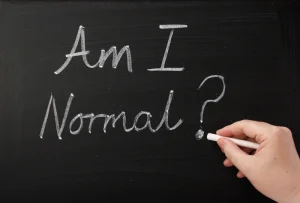
It’s unlikely that you’ll fail a standard urine drug test with the federally-recommended 50 ng/mL cutoff for more than 21 days. If it’s the first time you’ve used cannabis, you’ll probably be clear for the test within 3 to 5 days. On average, cannabis use will show up in a standard urine drug screening for around 21 days if you consume regularly, and possibly up to a month. It will likely remain in your system for longer, but at levels that wouldn’t cause you to fail a drug test. Despite the standards set by the SAMHSA regulating urine analysis, the results can still be difficult to predict.
Paying for Treatment
Each method has its own time frame for excretion, detectable in saliva, urine, and hair tests. This highlights the need for accurate detection methods in different situations. Factors that influence a marijuana drug test result include the frequency of consumption, individual physiology, user lifestyle, and the type of compound. Essentially, since THC metabolites are stored in body fat, the amount of body fat a person has determines how long cannabis is detectable. A person who uses marijuana occasionally, i.e., around 3 times per week, would give a positive drug addiction urine test for up to 3 days. A person who has moderate use, i.e., around 4 times per week, would give a positive test for 5 days to a week.
- By that time, THC will have completely decomposed in its metabolites, so what the tests look for is the THC-COOH molecule.
- AddictionResource aims to present the most accurate, trustworthy, and up-to-date medical content to our readers.
- However, there are products and methods out there that might help you, such as the following from Toxin Rid.
For First-Time or Infrequent Users, Your Pee Should Be Clear Within a Week
- Hair follicles measure drugs’ use during the past 90 days by using a 1.5-inch piece of hair close to the scalp.
- Higher doses and more frequent use tend to increase the amount of time it takes to eliminate THC and its metabolites from your system.
- During seven days of abstinence from cannabis, nine subjects, or 36%, had no measurable THC in their system, while the other 16 still had at least one positive THC test over the same timeframe.
- Chronic heavy use increases the length of time that it can be detected.
- Some of these factors aren’t related to weed itself but how your body processes and metabolizes it.
According to Harvard studies, the situation is quite the opposite. Cannabinoids make the heart work harder, increase the heart rate, and dilate blood vessels. Although they look and taste delicious (especially the Delta 8 gummies), people are often unable to determine the potency of an edible, which can lead to eating more than you can handle. There is no concise answer because it varies from person to person and it will depend on the amount you take. Marinol’s main active substance is a synthetic cannabinoid (dronabinol), which imitates THC’s clinical effectiveness and structure.
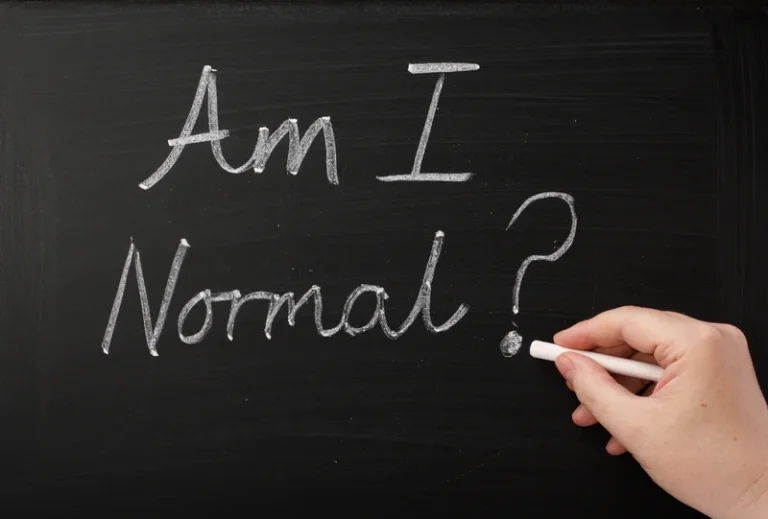
As more places legalize marijuana, employers and law enforcement use different tests to check for marijuana how long will weed stay in your system use. Each test—urine, blood, saliva, and hair—can find THC, the active part of cannabis, at different times. It’s important to pick the right test for the job or situation. This helps us understand how long cannabis stays in urine and how it affects us after smoking. Tetrahydrocannabinol (THC) is the main active part of cannabis. However, little research has assessed how much someone must smoke to fail a drug test.
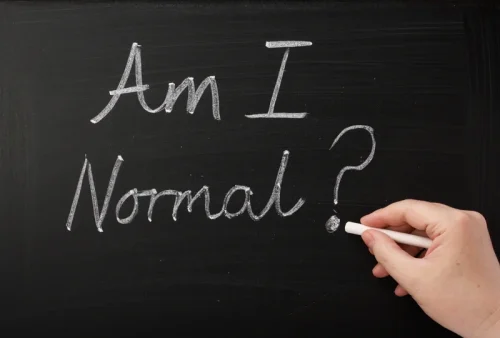
Some studies even show that THC can be traced in the saliva 13.5 hours after smoking, among both occasional and regular users. CBD, or cannabidiol, is a non-psychoactive compound found in cannabis that is not typically tested for in most drug tests. However, some CBD products may contain trace amounts of THC, which could potentially show up on a drug test. The short-lived effects of weed don’t prevent https://ecosoberhouse.com/ evidence of marijuana consumption from lingering in your system.



